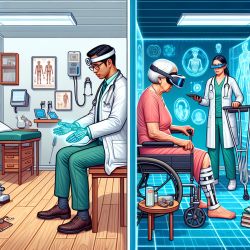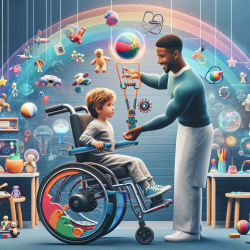In a world where access to quality mental health care can be limited by geographical, financial, and social barriers, online therapy presents a promising solution. The research article titled Feasibility of a Brief Online Psychoeducational Intervention for Women With Sexual Interest/Arousal Disorder sheds light on how web-based interventions can be both feasible and effective. This study has valuable insights for practitioners looking to enhance their skills in delivering online therapy.
The study, conducted by Zippan, Stephenson, and Brotto, explores the feasibility of an online psychoeducational module called eSense, aimed at women with Female Sexual Interest/Arousal Disorder (FSIAD). Here are some key takeaways for practitioners:
- High User Satisfaction: Participants reported a high level of satisfaction with the eSense platform, highlighting its usability and engaging content. This underscores the importance of user-friendly design in online therapy modules.
- Educational Impact: Users felt more knowledgeable and validated, with notable improvements in sexual desire, arousal, and satisfaction. This indicates that well-structured psychoeducational content can have a significant therapeutic impact.
- Iterative Feedback: The study emphasizes the value of incorporating user feedback to refine and improve online interventions. Practitioners should consider adopting a similar iterative approach to enhance the effectiveness of their online therapy programs.
For practitioners, these findings offer a blueprint for developing and implementing online therapy modules. Here are some actionable steps:
- Invest in Usability: Ensure that your online therapy platform is intuitive and easy to navigate. Consider collaborating with web designers to optimize user experience.
- Incorporate Multimedia: Use a mix of text, images, videos, and interactive elements to keep users engaged and facilitate learning.
- Seek User Feedback: Regularly collect and analyze user feedback to identify areas for improvement and make necessary adjustments to your content and platform.
- Focus on Psychoeducation: Develop comprehensive, clear, and relevant psychoeducational content that addresses the specific needs of your target audience.
As the study suggests, online therapy can be a viable alternative or complement to traditional face-to-face therapy, particularly in times when in-person interactions are limited. By leveraging the insights from this research, practitioners can enhance their online therapy offerings and better serve their clients.
To read the original research paper, please follow this link: Feasibility of a Brief Online Psychoeducational Intervention for Women With Sexual Interest/Arousal Disorder.










